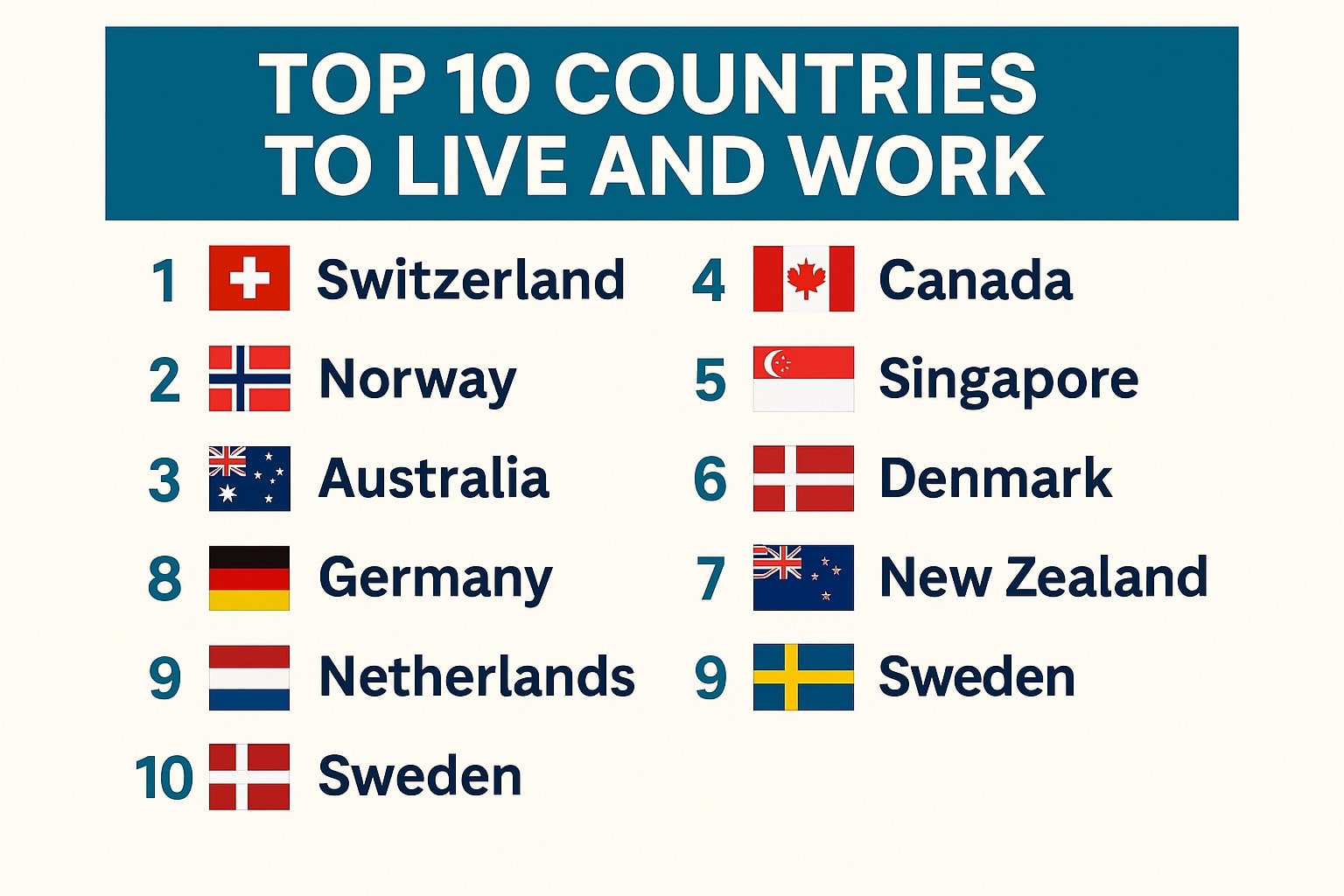The real estate market represents a constantly evolving sector that allows different levels of investors to choose between luxury housing and budget-friendly residential options. The worldwide economic instabilities and changing market demand compel potential investors to decide between buying luxury or affordable housing properties. Potential investors require a thorough examination of market patterns along with the study of extended growth possibilities and their distinct financial targets ahead of making a choice. The following sections detail the advantages and disadvantages that will assist your investment choice between luxury and affordable housing.
Understanding the Market Dynamics: Luxury vs. Affordable Housing
Luxury Housing Market
Historically the market for luxury real estate properties has attracted investors who want their investment money to yield high profit returns. The properties in this market segment specifically serve rich buyers and tenants with their upscale amenities including substantial interiors and boutique finishes placed in coveted locations. Luxury homes typically settle in prestigious urban districts together with exclusive urban regions to boost their total desirability. High-end properties always received attention from wealthy foreign homebuyers in major cities including Dubai and London in addition to New York resulting in increased demand for these properties.
The luxury housing sector experiences greater market price fluctuations than standard housing markets do. The luxury housing market creates notable gains when the economy thrives yet remains notably reactive to changes in market conditions. The decline of economic conditions reduces luxury property demand because fewer people possess financial capacity to invest in real estate during such times. Luxury housing shows lower commercial flexibility compared to standard housing since its sale or lease process requires more time.
Affordable Housing Market
Affordable housing provides investors with dependable predictable investment conditions compared to other property assets. Affordable housing represents properties which cost prices accessible to ordinary middle-class families thus acting as more cost-effective choices than luxury living. The current fast-paced urban expansion and population increase leads to an escalating need for budget-friendly residential properties most notably in emerging nations that have significant populations unable to get adequate homes.
The investment risk associated with affordable housing properties stands at a lower level than those seen in luxury properties. The demand for affordable housing remains stable since the requirement for affordable homes continues to increase. The affordable housing sector receives support from government policies that establish tax credits subsidies and other benefits that increase the investment value for creditors. Property investors gain stable rental income while achieving higher occupancy rates because affordable housing units tend to have many smaller dwellings.
Investment Considerations: Risks and Returns
Risks of Investing in Luxury Housing
The purchase of luxury real estate properties presents three main risks because of market uncertainties combined with elevated maintenance expenses coupled with slow rental vacancies. Luxury housing investments react to changes in the general economic conditions of the marketplace. Luxury home prices and rental incomes remain stagnant when economic downturns or high-interest rates precipitate a reduction in demand from luxury property consumers. Luxury property maintenance costs usually run high enough to deplete your potential profit returns.
The main issue to consider pertains to liquidity in the market. The market for luxury properties serves only a limited range of prospective buyers excluding the larger group who could afford affordable properties. Luxury home sellers experience extended selling periods because of which their investors receive limited possibilities for profit extraction.
Risks of Investing in Affordable Housing
Habituating in affordable housing offers stability yet it introduces various specific difficulties. The yield rates from renting affordable housing spaces generally fall shorter than what luxury properties can earn. The investment yield in lower-income communities normally produces only minimal returns for investors during the investment period. Property management within affordable housing spaces becomes challenging because it requires more attention between tenant replacements and maintenance responsibilities and occasional payment difficulties.
The prices of such properties remain affordable because government policies make adjustments. Reductions in government benefits for investors could decrease the attractiveness of affordable housing which might result in market value changes and decreased property interest. Risk factors associated with investing in residential properties impact investors less seriously than those affecting luxury housing market investors.
Which Market Offers Better Long-Term Growth?
Long-term profitability exists for luxury and affordable housing markets although success depends on the location and marketplace characteristics.
The value potential for luxury housing investments reaches its peak when you focus on markets that serve upscale high-demand demographics whose population of wealthy individuals keeps rising. Real estate properties located in prime areas such as downtown urban centers and exclusive neighborhoods experience a faster rate of value appreciation over the long term. Open-market housing options experience gradual market appreciation at a slow steady rate. Affordable housing investments demonstrate resistance to macroeconomic changes and they attract a larger number of tenants which results in more dependable long-term performance.
Affordable housing markets within emerging economies offer strong investment potential to investors. Several regions can anticipate continuous growth in affordable housing requirements because of urbanization patterns as well as market expansions through middle-class expansions. The focus of governments toward making affordable housing available creates additional support which luxury housing markets often fail to benefit from.
Making the Decision: Luxury or Affordable Housing?
Making the choice between luxury and affordable housing depends on three main factors: your investment objectives along with your willingness to face risks and your level of market expertise.
People who wish to maximize their investment returns together with market tolerance should consider luxury housing properties. Investing in luxury properties provides higher potential profit returns particularly when targeting desirable residential neighborhoods and neighborhoods which are undergoing redevelopment.
Affordable housing suits investors who want risk minimization and stability as priorities. This property market maintains reliable customer flow while delivering annual rent payments together with solid economic resiliency. The investment returns of luxury real estate properties might be larger but affordable properties guarantee higher predictability and stability.
Different types of property investments fit properly within a diverse investment portfolio structure. When making an investment between luxury and affordable properties you must do extensive research into market trends to establish a solid purchasing decision.













